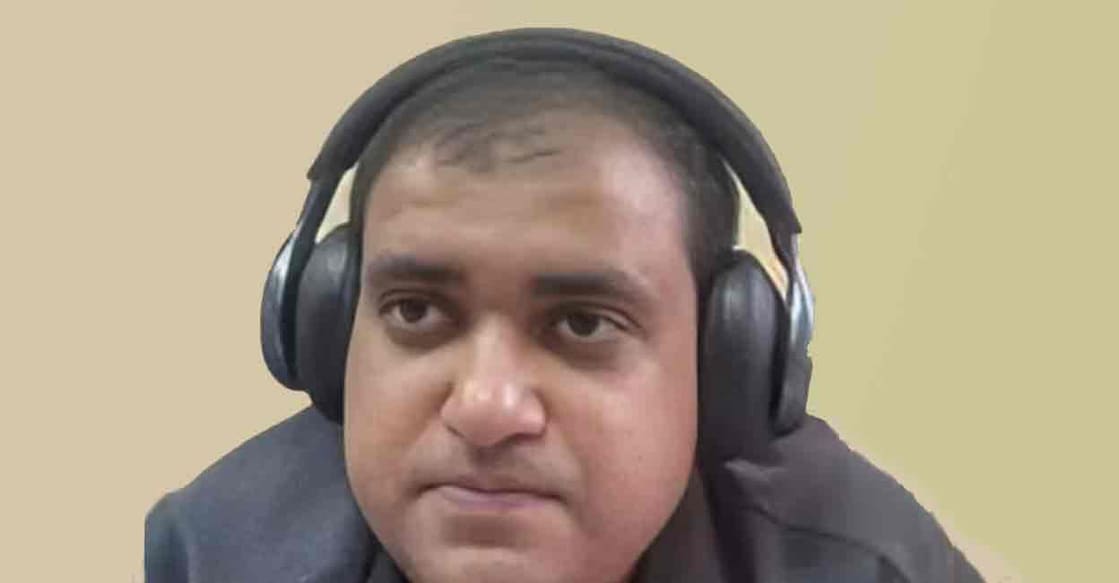SC outlines factors for determining alimony amid Bengaluru techie Atul Subhash’s suicide

Mail This Article
Bengaluru: The tragic death of Atul Subhash, a Bengaluru-based tech professional originally from Bihar, has reignited discussions about the alleged misuse of dowry laws and the challenges men face in matrimonial disputes. Amid these debates, the Supreme Court has issued an eight-point guideline to standardise the determination of alimony amounts in divorce cases.
Before his death, Subhash recorded an 80-minute video alleging harassment by his estranged wife, Nikita Singhania, and her family. He accused them of filing multiple legal cases against him and his relatives as a means of financial extortion. Additionally, his 24-page suicide note sharply criticised the judicial system.
On Tuesday, a Supreme Court bench comprising Justice Vikram Nath and Justice PV Varale, in an unrelated divorce case, outlined factors for courts nationwide to consider when determining alimony. The bench emphasised the importance of fairness and transparency in such decisions, aiming to address concerns highlighted by cases like Subhash's. The family of the 34-year-old, who allegedly died by suicide, has demanded justice and strict action against those they hold responsible for his harassment, asserting this as the only way for his "soul to rest in peace."
Subhash was found hanging at his residence in Bengaluru’s Manjunath Layout on Monday. His 24-page death note reportedly detailed years of emotional distress and harassment, which he attributed to his wife, her relatives, and a judge from Uttar Pradesh, police said.
Case filed against wife, relatives
Authorities have registered a case of abetment of suicide against Subhash’s wife, her parents—Nisha and Anurag—and her uncle, Sushil Kumar. A police team has travelled to Uttar Pradesh to question the accused. “We are examining all allegations and investigating from every angle,” a senior officer said.
Speaking to reporters, Subhash’s brother, Bikas, criticised the judicial system. “I want my brother to get justice. We need a legal framework where men’s voices can also be heard. Corruption in the system must end to restore faith in justice,” he said.
Bikas warned that unchecked judicial bias and corruption could erode public trust, potentially leading to societal issues like reluctance among men to marry.
Subhash’s uncle, Pawan Kumar, alleged that the deceased was pressured for money under the pretext of child maintenance for the couple’s four-year-old son. “Initially, the demand was Rs 40,000 per month, which later doubled and eventually reached Rs 1 lakh. When he could no longer pay, the harassment intensified,” Kumar claimed.
He further alleged that Subhash’s wife once told him to “commit suicide” if he could not meet the financial demands—a remark reportedly laughed off by the judge involved.
Before his death, Subhash recorded an 80-minute video explaining his decision. The video, uploaded to Rumble and later widely circulated on social media, lamented how his earnings were being used to empower the very forces working against him, creating a cycle of despair.
A placard reading “Justice is due” was found at the scene, and Subhash reportedly shared his suicide note via email and in a WhatsApp group associated with an NGO he supported.
Accused deny allegations
Nikita’s uncle, Sushil Kumar, denied the allegations, stating neither he nor his family was involved in Subhash’s death. “We were not even present at the scene. This is a legal matter, and the court will decide,” he said in Jaunpur.
He dismissed the claims in Subhash’s note as baseless, adding that Nikita would respond to the allegations in due course.
Preliminary investigations revealed marital discord between Subhash and Nikita, who married in 2019. A divorce case was ongoing, and Subhash had been named in legal proceedings initiated by Nikita in Uttar Pradesh.
Subhash’s cousin, Bajrang Agarwal, reiterated the family’s demand for justice. “We want those who harassed him to face consequences so his soul can rest in peace,” he said. The case has sparked widespread discussions on marital disputes, mental health, and perceived biases in the legal framework. Investigations remain ongoing.
SC guidelines on alimony
In a separate case, the Supreme Court on Tuesday outlined the following factors to consider when determining permanent alimony:
1. Social and financial status of the parties.
2. Reasonable needs of the wife and dependent children.
3. Qualifications and employment statuses of both parties.
4. Independent income or assets owned by the applicant.
5. Standard of living enjoyed by the wife in the matrimonial home.
6. Sacrifices made by either party for family responsibilities.
7. Reasonable litigation costs for a non-working wife.
8. Financial capacity of the husband, including his income, liabilities, and maintenance obligations.
The Court clarified that these factors are not rigid but serve as guidelines to ensure fairness. It emphasised that alimony should not penalise the husband but should provide the wife with a dignified standard of living.

